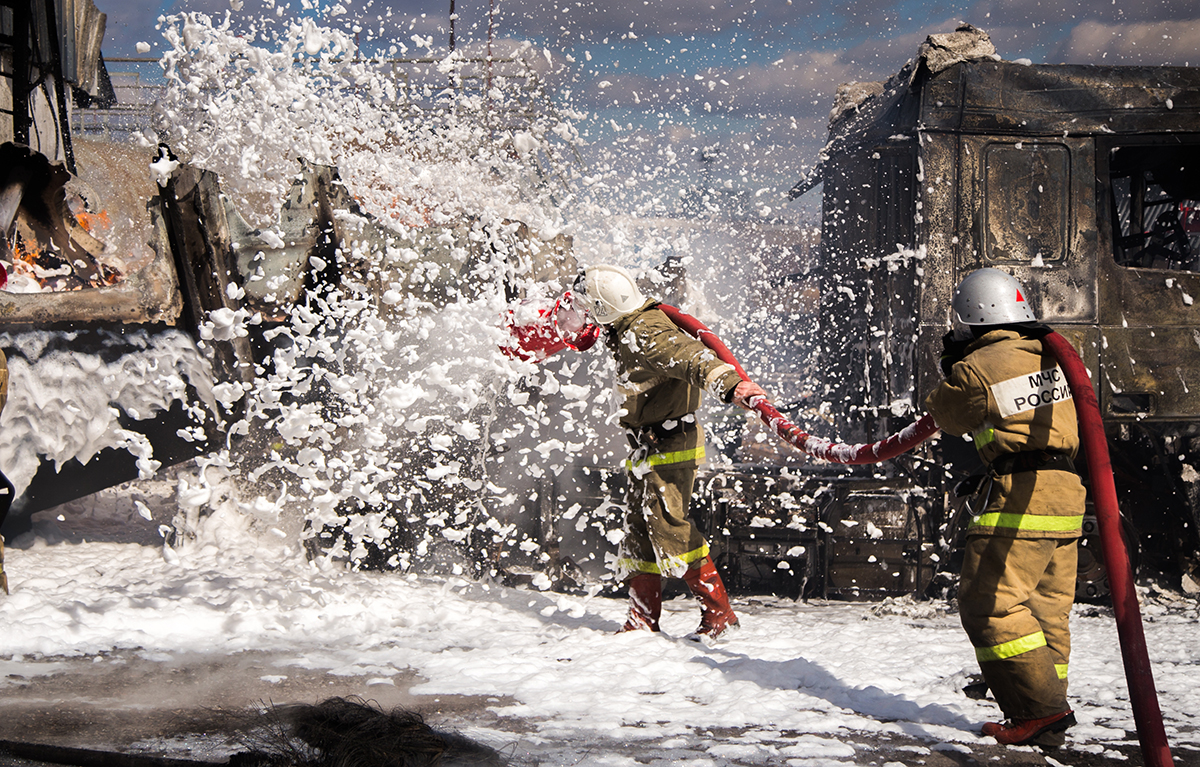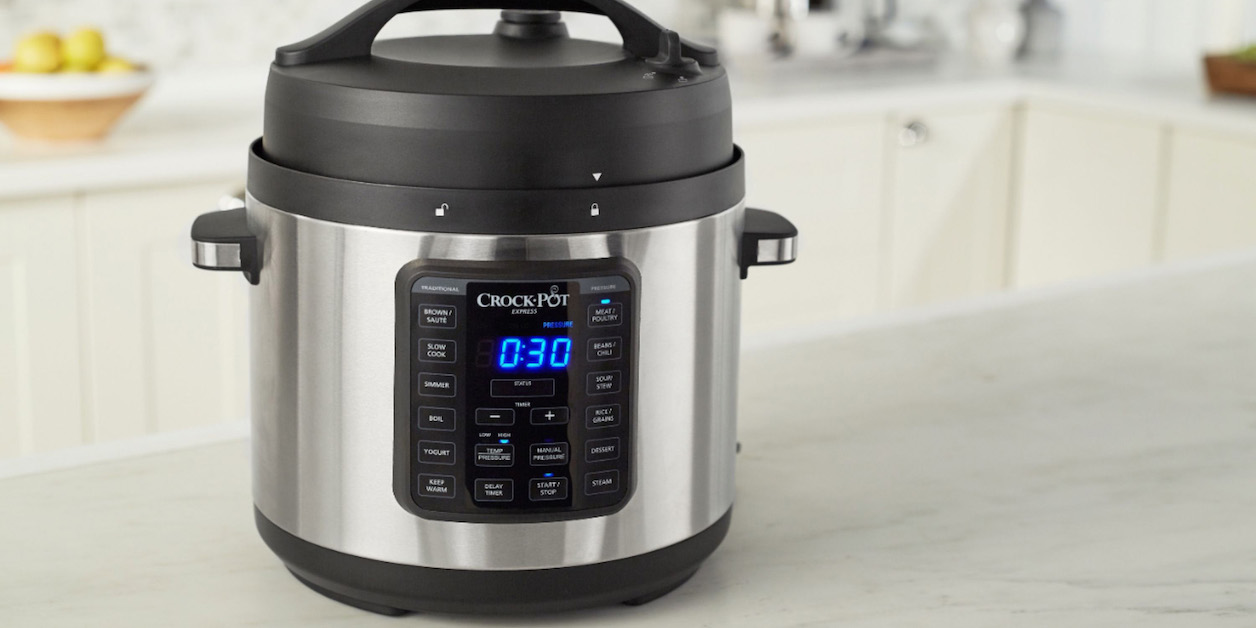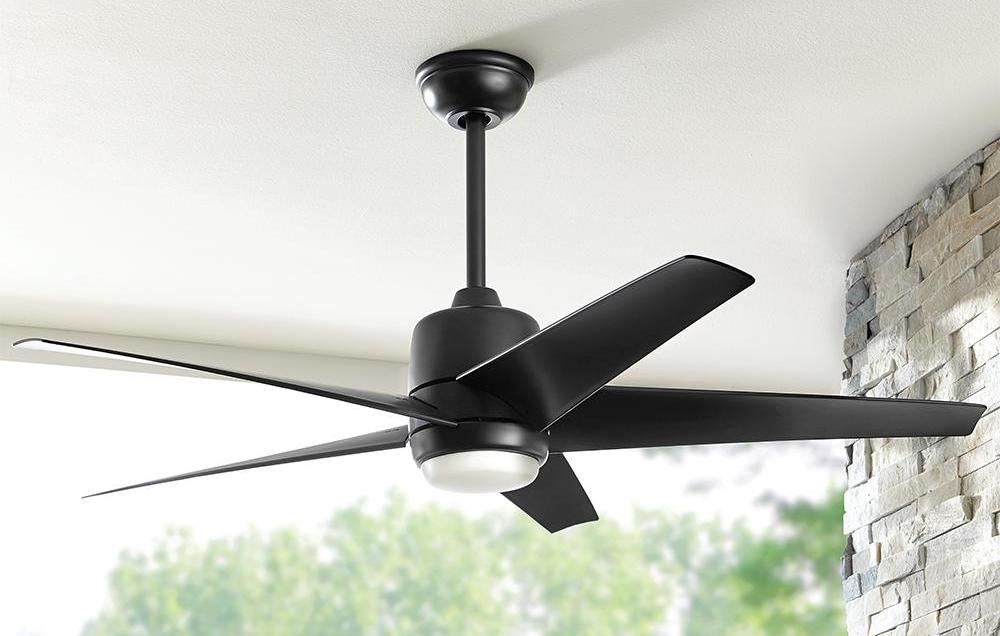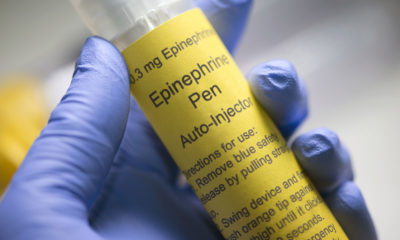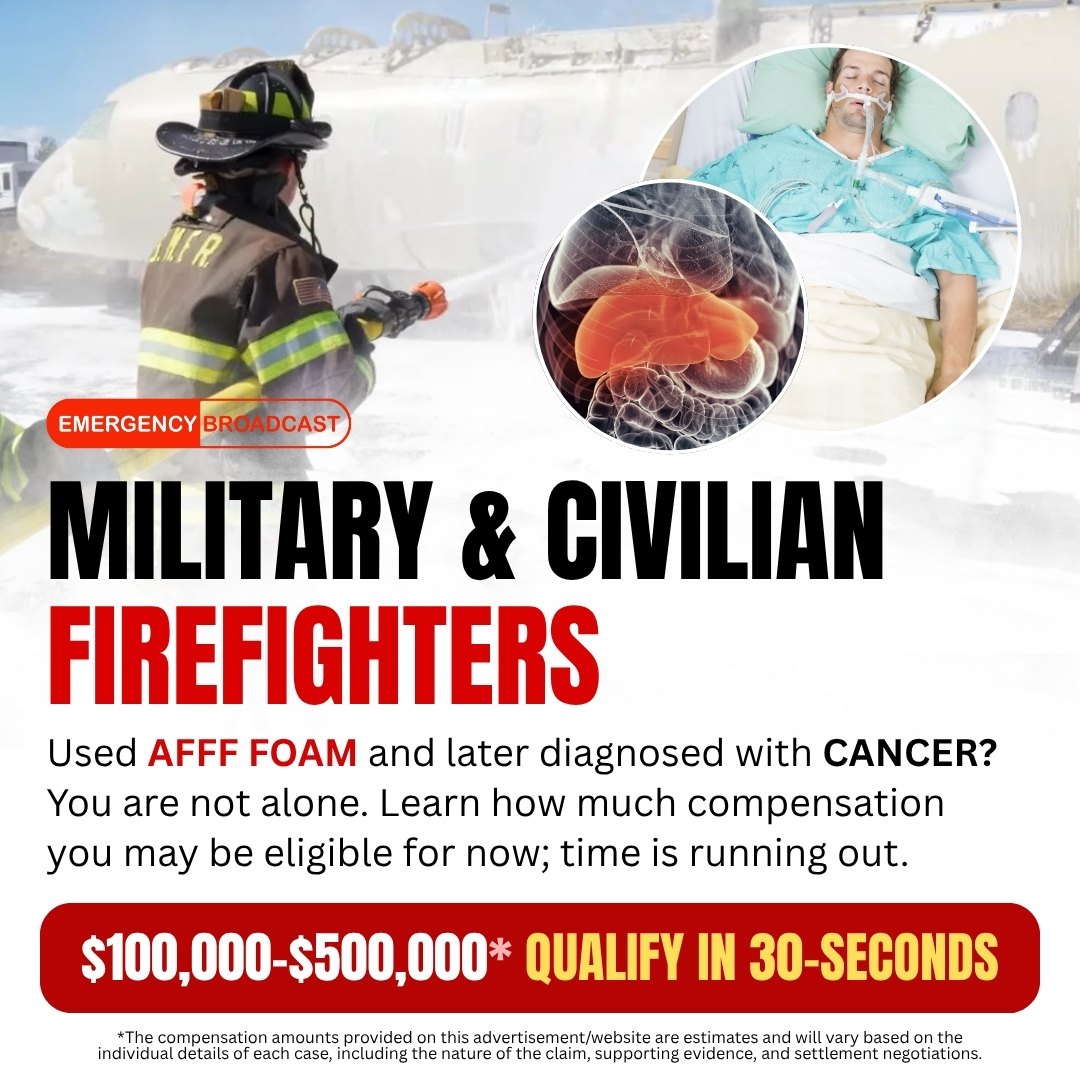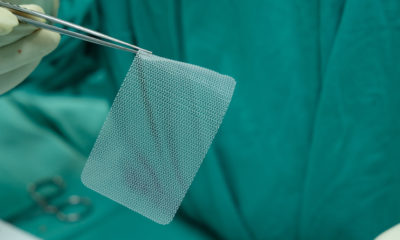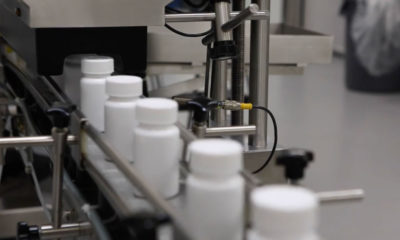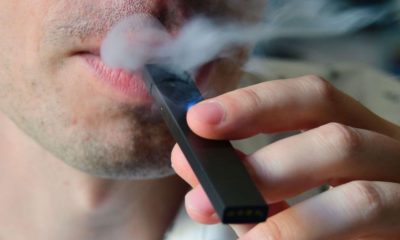After weeks of delay and wrangling, Fisher-Price has finally recalled its Rock n Play Baby Sleeper devices that have caused the death of at least 32 infants across the United States.
The Fisher-Price Rock ‘n Play baby sleeper has surged in popularity over recent years, and has been one of the most popular baby products in the United States since it was released in 2009. It gained what was almost a cult following, with sleep-deprived parents of infants praising the devices for helping to soothe their crying babies with its rocking, vibrating and playing calm music. The product seemed like a godsend to parents, allowing their newborns to fall asleep without needing to be held.
But over recent weeks, the Rock ‘n Play came under widespread scrutiny for safety concerns after some parents reported infant deaths while using the devices. The U.S. Consumer Product Safety Commission was the first federal agency to respond to these parent complaints. It issued a public warning about the product and its safety risks, and it also urged Fisher-Price to recall the devices. At the time of the agency’s warning, it had officially connected 10 baby deaths to the sleepers; however, consumer watchdog publication Consumer Reports was publishing that at least 32 baby deaths could be attributed to the Rock ‘n Play sleepers.
At the same time, parents, pediatricians, and health care professionals were also publicly asking Fisher-Price to recall the dangerous devices. The American Academy of Pediatrics reported that the baby
sleeper products failed to meet the safety recommendations that the medical community maintains for safe sleeping environments for infants and babies. The Academy highlighted that all babies—especially small infants—should sleep on their back only on a firm, flat surface, and not on an inclined recliner like the Rock ‘n Play device. The doctors said that the sleeping devices posed a health risk to babies and should be recalled.
Doctors also highlighted that the packaging of the Fisher-Price Rock ‘n Play sleepers violated doctor advice for safe and healthy sleeping environments for babies. The packaging of the sleepers boasted that they are “great for overnight sleep,” and Fisher-Price’s website stated that the sleepers are inclined to help your baby sleep “all night long.” But doctors point out that these user instructions violate guidelines to prevent SIDS (or Sudden Infant Death Syndrome) because babies should sleep on their backs to prevent asphyxiation.
But Fisher-Price refused for weeks to recall the baby sleepers. The company agreed to issue a joint statement with the Consumer Product Safety Commission to warn parents about only using the Rock ‘n Play sleeper according to the package instructions, and to move babies to a safer environment, like a crib, once the infant could roll over—typically around 3 months of age.
Fisher-Price was maintaining the safety of its product because it was only recommended to use in small infants, less than 3 months of age. That age warning is important because babies start gaining the strength to roll themselves over around 3 months. Infants younger than that, however, usually are not strong enough to roll themselves over.
That ability to roll themselves over is apparently what caused 32 infants to die while unrestrained in the Rock ‘n Play sleepers. All of the reported baby deaths were caused by the infants rolling
over onto their stomachs or sides while they were not under any restraints. The cause of these deaths was asphyxia because the babies were not able to breathe on their stomachs. All of the deceased babies were placed in the Rock ‘n Play sleeper without using the 3-point harness that is included in the user
instructions, and all of the babies were 3 months of age or older.
Despite Fisher-Price’s warning, it still maintained that the sleeper devices met all applicable health and safety standards, and the company had refused to issue a nationwide recall. But criticism grew and public opinion was waning, so finally on April 12 Mattel (the parent company of Fisher-Price) announced that it would recall all of its Rock ‘n Play baby sleepers across the United States. The recall affects about 4.7 million devices nationwide.
As part of the recall, the company is warning that consumers should immediately stop using the product.

